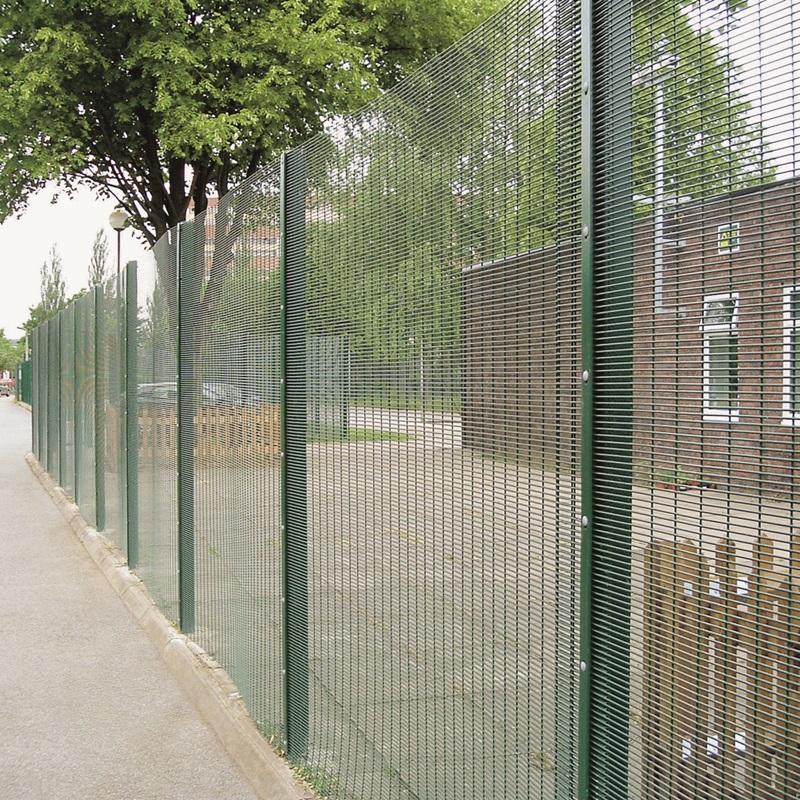سبتمبر . 11, 2024 13:16 Back to list
Durable Field Fence Products for Reliable Outdoor Enclosures
Understanding Field Fence Products A Guide for Buyers
When it comes to securing your property, whether it's for agricultural purposes or residential needs, field fence products play a crucial role. Field fences, also known as agricultural fences, are designed to contain livestock, protect crops, and mark boundaries. With numerous options available in the market, selecting the right field fence can be overwhelming. This article aims to provide insights into field fence products, their types, materials, and key features to consider when making a purchase.
Types of Field Fences
Field fences come in various types, each catering to specific needs. The most common types include woven wire fences, barbed wire fences, electric fences, and high-tensile fences. Woven wire fences are popular among farmers for their strength and ability to contain livestock like cattle and sheep. They consist of vertical and horizontal wires woven together, offering durability and stability.
Barbed wire fences, while less secure than woven wire, are often used for perimeter fencing due to their low cost and ease of installation. Electric fences provide a more modern approach, delivering a mild electric shock to deter animals from crossing boundaries. These fences are particularly effective in keeping larger animals, such as deer and cattle, out of certain areas.
High-tensile fences are engineered for strength and longevity, often made from galvanized steel, making them resistant to rust and corrosion. These fences are suitable for varied terrains and can withstand harsh weather conditions, making them an excellent investment for those looking for durability.
field fence product

Materials and Features
When selecting a field fence product, the material is a crucial factor. Common materials include steel, wire, and sometimes wood. Steel fences, particularly those made from galvanized steel, offer excellent strength and are less prone to rusting. On the other hand, wooden fences may provide an aesthetic appeal but often require more maintenance over time.
Apart from materials, buyers should consider the gauge of the wire, which affects the fence's strength. A lower gauge number indicates a thicker wire, making it more robust and longer-lasting. Additionally, look for features such as weather resistance, UV protection, and ease of installation.
Conclusion
Investing in the right field fence product is essential for ensuring the safety and security of your property. By understanding the different types of fences, the materials used, and key features to look for, you can make an informed decision that meets your specific needs. Whether securing livestock, protecting crops, or delineating areas of your land, choosing the right field fence will provide peace of mind and long-term benefits. Always consult with a professional or a knowledgeable supplier to find the best option tailored to your requirements.
-
High Quality 9 Gauge Expanded Metal Mesh & Chain Link Wire Mesh Fence Manufacturer
NewsJun.10,2025
-
Barbed Wire Roll Price - Wholesale Exporters & Reliable Factories Supply
NewsJun.10,2025
-
High-Quality Temporary Mesh Fence Panels for Sale Durable Temporary Fence Panels Supplier
NewsJun.10,2025
-
Welded Wire Fence Mesh Exporters Custom Sizes & Competitive Pricing
NewsJun.10,2025
-
Durable China Expanded Metal Security Mesh High-Security & Affordable
NewsJun.10,2025
-
White Expanded Metal Mesh Durable for Temp Fencing & Plaster
NewsJun.10,2025



